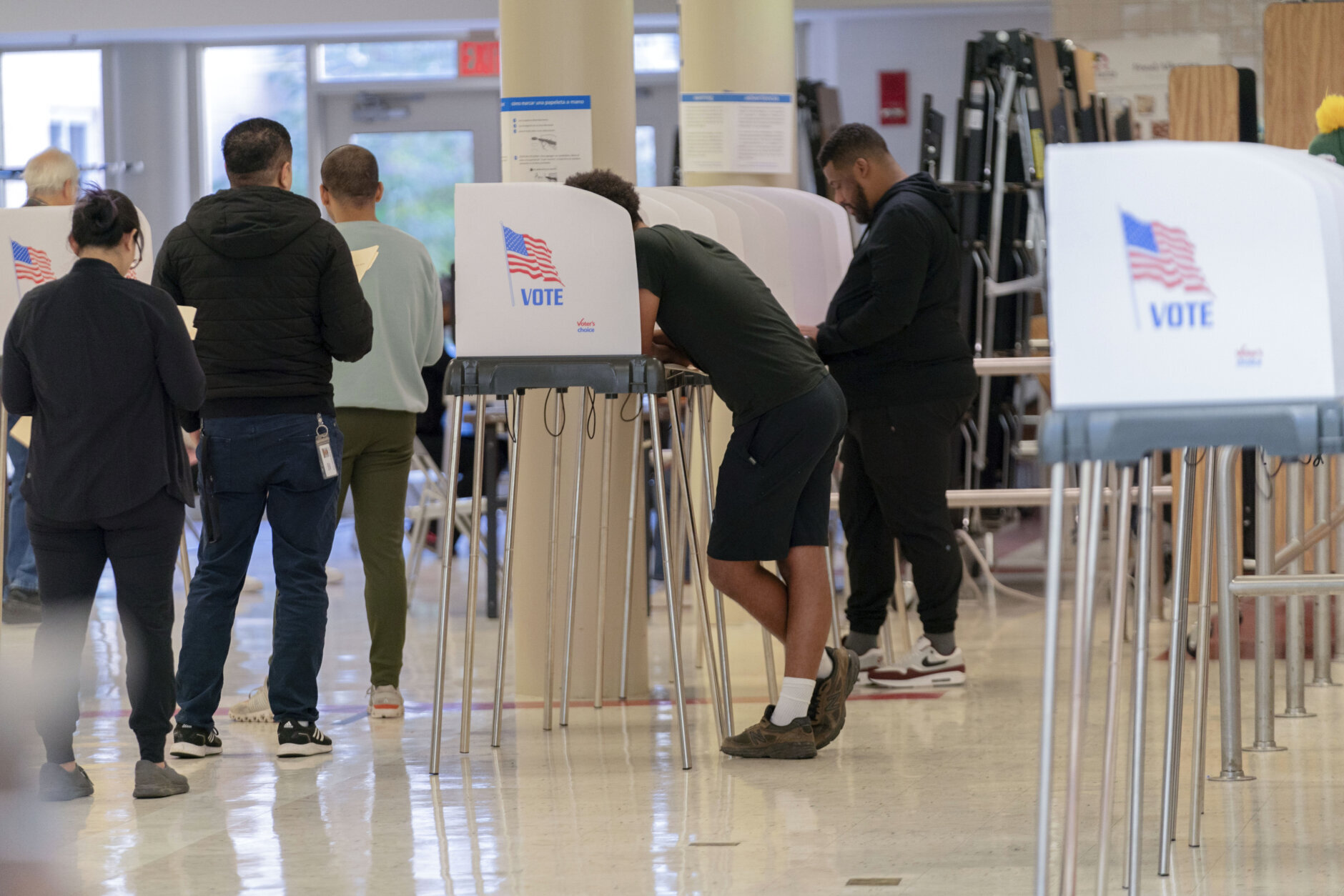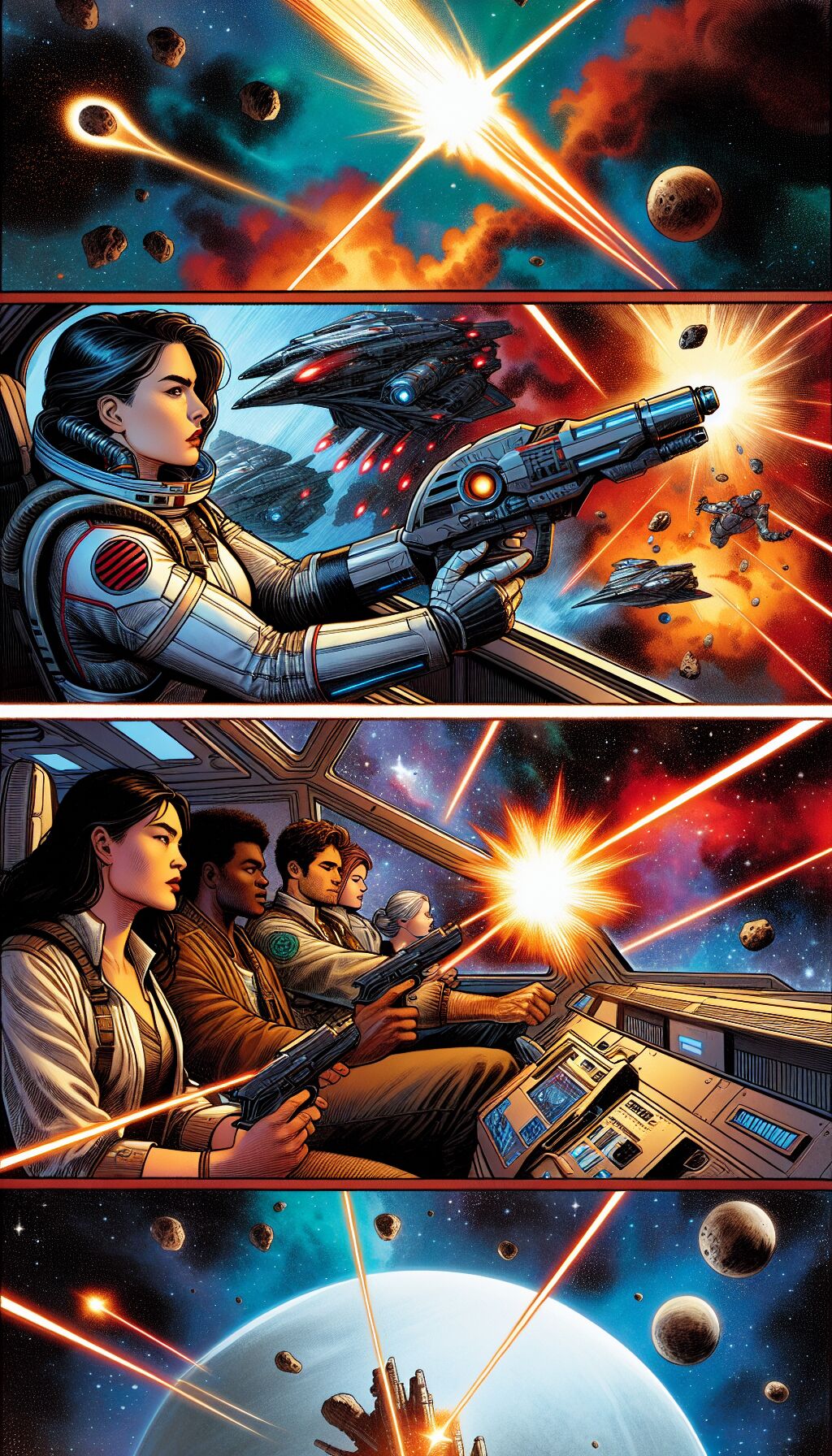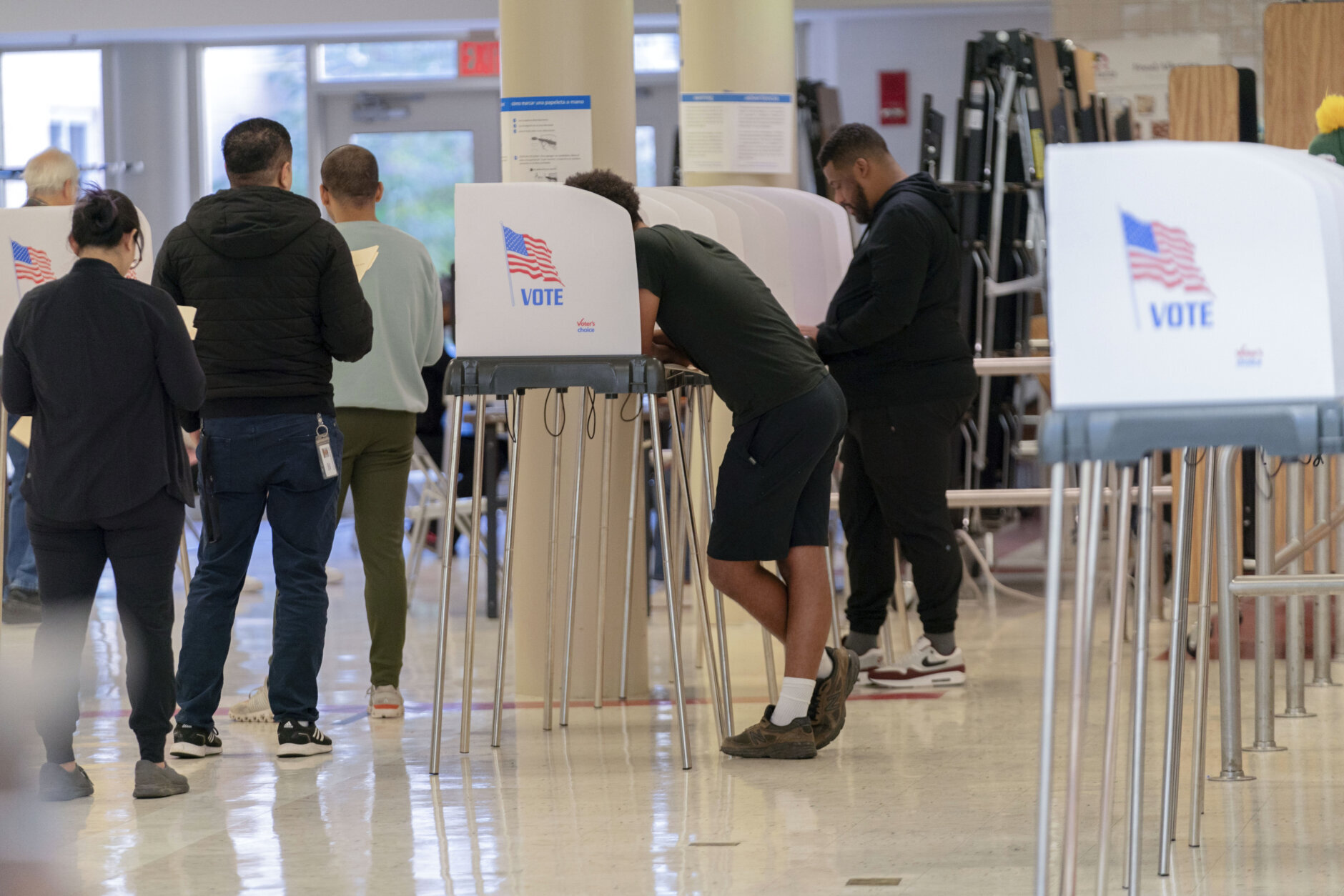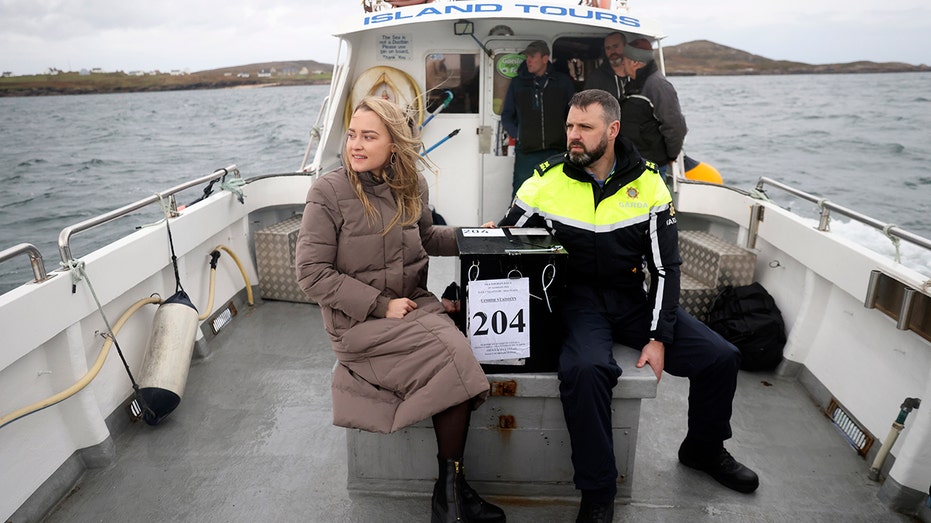
Ireland’s Pivotal Parliamentary Election: A Turning Point in Troubling Times
On Friday, Ireland is poised to hold a critical parliamentary election, with 3.8 million voters gearing up to select the nation’s next government. This election arises amid a backdrop of global challenges, including the lingering fallout from the COVID-19 pandemic, escalating economic pressures, and an increasingly unstable international landscape. As discontent grows among electorates around the world, it is evident that Ireland’s political climate is undergoing its own transformative shift.
Election Details
The polls opened at 7 a.m. local time, with a pivotal task at hand: the election of 174 members to the Dáil, the lower chamber of Ireland’s Parliament. The outcome of this election is not merely a matter of electing a new leader; it is fundamentally about shaping the nation’s political trajectory for years to come. Analysts are keenly observing the voting patterns and what they might signal about the direction in which Irish politics will head.
The Key Players
At the center of the political stage are the outgoing governing parties, Fine Gael and Fianna Fáil. Historically, these two center-right parties have dominated the landscape of Irish politics over the past century, underscored by their rivalry rooted in the civil war of the 1920s. Following a contentious and nearly tied election in 2020, these traditional adversaries formed a coalition government, agreeing to share the coveted post of Taoiseach (prime minister). Fianna Fáil’s Micheál Martin initially held the position, followed by Fine Gael’s Leo Varadkar in late 2022. However, Varadkar’s unexpected resignation in March 2023 paved the way for Simon Harris, the current acting Taoiseach.
Opposing them is Sinn Féin, a party with a leftist agenda and historical ties to the Irish Republican Army (IRA). Sinn Féin made a significant impact in the 2020 elections by securing the popular vote, yet it found itself sidelined from governance due to resistance from the ruling coalition. Nevertheless, the party has continued its campaign for change, positioning itself as a viable alternative to the traditional dynasties of Irish politics.
Ireland’s electoral system, based on proportional representation, offers smaller parties and independent candidates a chance to make their mark. This year’s ballot showcases a notably diverse array of independents, including local advocates and some controversial figures, such as alleged crime boss Gerry “The Monk” Hutch, drawing both intrigue and scrutiny from voters.
Key Issues Driving the Election
Among the most pressing issues affecting voter sentiment is the ongoing housing crisis. The lack of affordable housing in Ireland can be traced back to construction failures during the Celtic Tiger boom and the subsequent 2008 financial crisis. John-Mark McCafferty, CEO of the housing charity Threshold, pointed out that as the construction sector began to recover, commercial projects received priority over residential developments. The aftermath has seen soaring rents, inflated property prices, and a dramatic rise in homelessness.
Despite possessing substantial financial resources—such as €13 billion owed in back taxes by Apple—addressing the infrastructural deficits remains a complex challenge. Compounding this issue is the influence of immigration on housing availability. Once a nation known for exporting its populace, Ireland has recently seen an influx of refugees, including over 100,000 Ukrainians fleeing the ravages of war, alongside individuals from the Middle East and Africa seeking asylum. This influx has further strained Ireland’s housing resources, leading to increased tensions and occasional anti-immigrant protests.
While far-right movements in Ireland are relatively minor, social media has amplified anti-immigrant sentiments, particularly among some independent candidates. This divisive issue is even beginning to erode Sinn Féin’s support base, as certain working-class constituents voice their concerns over the party’s inclusive immigration policies.
What’s Likely to Happen?
The current political landscape reveals a fragmented electorate, with support divided among five parties: Fine Gael, Fianna Fáil, Sinn Féin, a collection of smaller parties, and various independents. Criticisms have been aimed at Fine Gael’s handling of its campaign, whereas Fianna Fáil maintains its steady footing. Sinn Féin, meanwhile, asserts that it is gaining significant momentum as the election unfolds. However, the ability of Sinn Féin to transform its electoral backing into governance relies heavily on previous rival parties reconsidering their positions and collaborating with it.
Political analysts are bracing for the prospect of another coalition government, likely consisting of Fine Gael and Fianna Fáil, possibly joined by smaller parties or independent candidates serving as potential kingmakers. Eoin O’Malley, a political scientist from Dublin City University, suggested that the eventual government formation would most likely preserve Ireland’s centrist political status quo. “It’s about adding a bit of color to what is essentially the same middle-of-the-road government,” O’Malley stated, hinting at the continuity of political practices over substantial change.
Timeline for Results
The election will conclude at 10 p.m. on Friday (local time), with initial exit polls expected to provide an early glimpse of the results. However, the counting of ballots will commence on Saturday morning, and complete outcomes may take several days to finalize. The process of forming a new government could extend over the following weeks, creating a prolonged period of uncertainty.
Simon Harris, casting his vote in Delgany just south of Dublin, acknowledged the complexities of the electoral system. “The beauty—and the complexity—of our system means that even when the clock strikes 10 tonight, the exit poll won’t tell us the full story,” he commented, reflecting on the intricate dynamics of Ireland’s political landscape.
Conclusion
As Irish voters navigate the intricacies of this election, the outcome will have profound implications for the future leadership and policies of their country. Against the backdrop of a turbulent global context, the decisions made in this election could pave the way for significant socio-political change, emphasizing the urgent need for solutions to pressing issues such as housing and immigration. As the nation stands at a crossroads, all eyes will be on how the electorate’s choices unfold in the coming days.


















